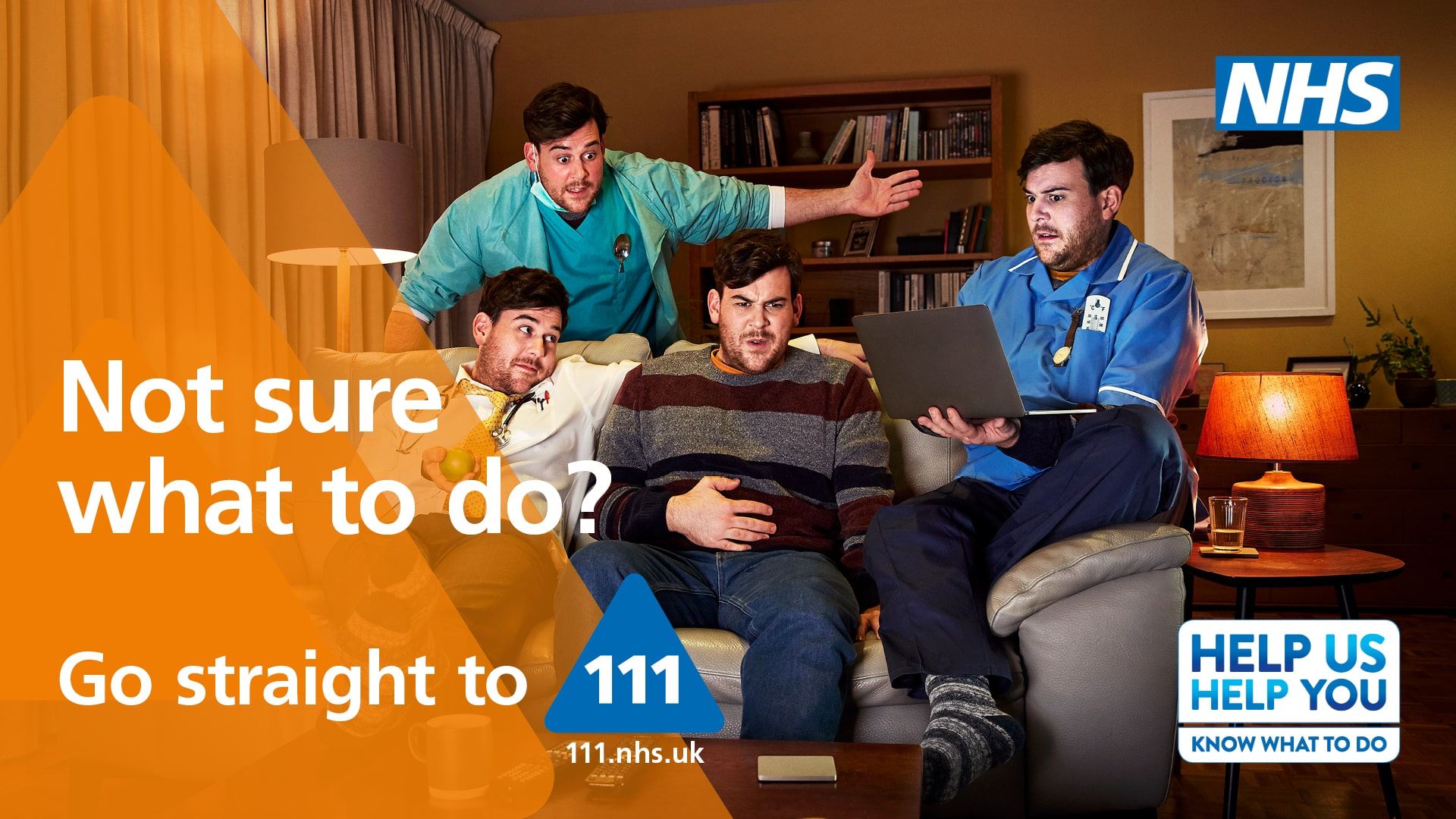Opening Hours
Chadwick Practice
| Day | Opening hours |
|---|---|
| Saturday 14 February | Closed All Day |
| Sunday 15 February | Closed All Day |
| Monday 16 February |
8am to 6pm
|
| Tuesday 17 February |
8am to 6pm
|
| Wednesday 18 February |
8am to 6pm
|
| Thursday 19 February |
8am to 6pm
|
| Friday 20 February |
8am to 6pm
|
Page last reviewed: 17 September 2020
Page created: 17 September 2020
Page created: 17 September 2020
